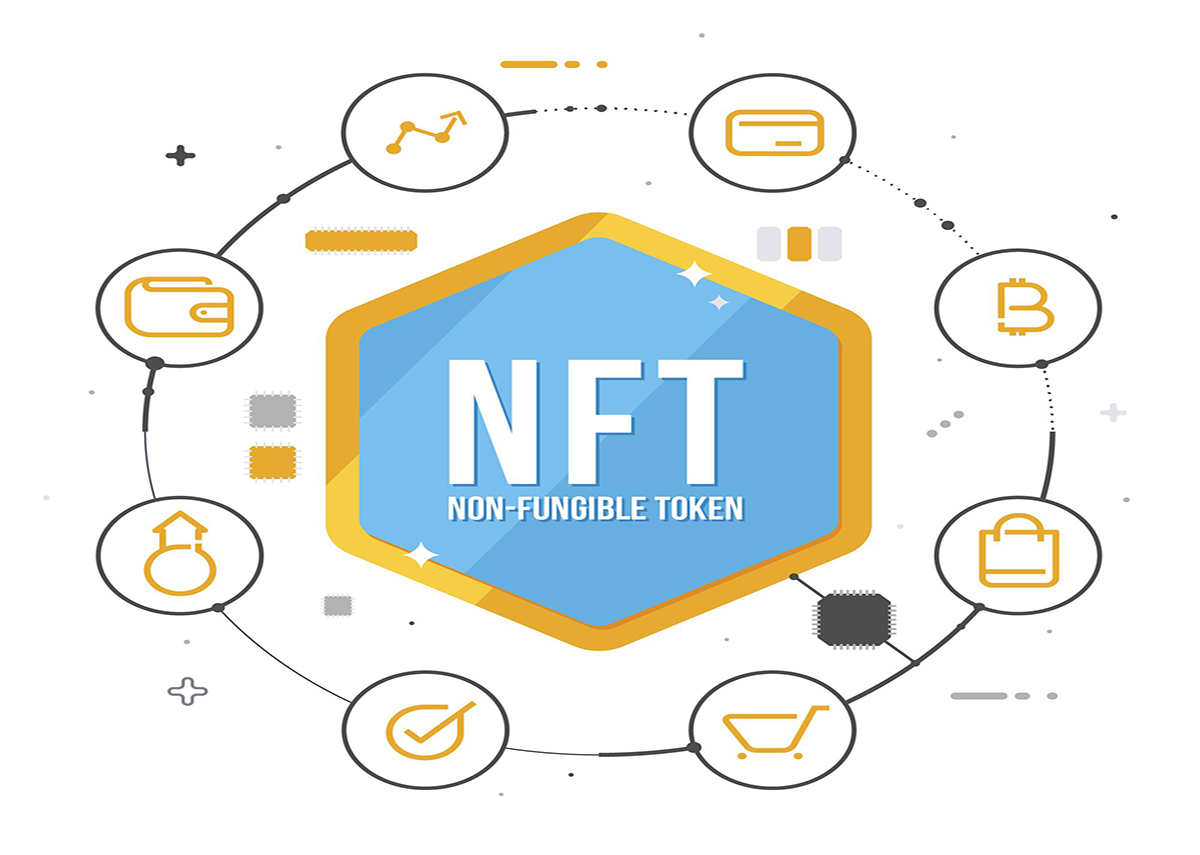Are NFT Scams a Serious Problem?
Share

The Non-Fungible Tokens market has massive financial backing, with countless digital art communities emerging every now and then. However, NFTs still face severe scrutiny because of security issues and various scam-related concerns. The NFTs market exploded in 2021 with a market cap of over $22 billion. However, that only brought a massive stream of cybercriminals and online attackers among artists and digital art creators.
Being tech-savvy and not dipping your hands in NFTs is quite impossible. But, since the NFTs markets are exploding left and right with substantial profit potentials, investing a considerable amount from the get-go can be unsetting. That’s why most NFT enthusiasts and tech experts prefer learning about serious NFT scams like the ones below.
· Customer Support Scams
This is where the cybercriminals try to reach unsuspecting targets and unaware buyers on platforms like Discord and Telegram. They pose as customer support agents or technical assistance staff in blockchain marketplaces. In the customer support scam, scammers and fraudsters create official-looking fake web pages to direct their targets.
Once on the fake website, they try to procure personal and banking information from unsuspecting targets to loot their crypto/NFT wallets. Generally, they ask other users to share their screens so they can take a screenshot and capture the crypto wallet’s credentials.
· Bidding Scams
Bidding scams are prevalent in the secondary NFT marketplace. It’s where buyers want to sell their NFTs to other NFT holders and investors. However, bidders try to switch your current currency with depreciated cryptocurrencies without informing you.
The scammers might do this for your NFTs listed as “for sale” in the NFT marketplace. As a buyer, you must be attentive and always double-check before selling your NFTs to dodge potential losses, which can be extreme in some cases.
· Rug Pulls
The “rug pull” scam is straightforward. It’s where scammers create a phony project and hype it up on numerous social media platforms to gain NFT enthusiasts’ attention and popularize the NFTs within the project. The unexpected hype generation causes a massive short-time spike in NFT prices, enabling the promoters to generate huge profits in terms of NFT sales revenues.
Worse, in the rug pull scheme, phony promoters seal the NFT assets by adding unnecessary code in the blockchain algorithm. The code makes NFTs unsalable resulting in massive losses, while the fake promoters generate enormous revenues before the news hits the deck.
· Phishing Scams
You must have a crypto wallet before purchasing an NFT, right? NFT phishing scams refer to scammers promoting fake news and fake ads on platforms like Telegram and Discord to get users’ attention. Moreover, scammers also pose as famous wallet service providers such as MetaMask.
Although they’re easy to detect at some points, users don’t usually have the correct information to detect phishing scams from authentic ones. That leads to countless wallet thefts and crypto/NFT losses every now and then. In the phishing scams, they use fake ads to direct NFT buyers to malicious web pages and get their private wallet keys and wallet credential.
Conclusion
Do you know that buying an NFT doesn’t automatically grant you the rights to the original digital artwork? You can only get ownership of the purchased NFT if the seller enables that as a feature in the smart contract used as the foundation for transferring NFT to the buyer.
Although emerging NFT projects enable full ownership or at least majority ownership of NFTs among buyers, it doesn’t mean you should overlook the common scams and avoid being precautious.
